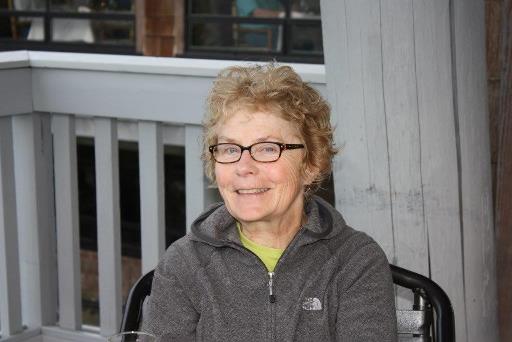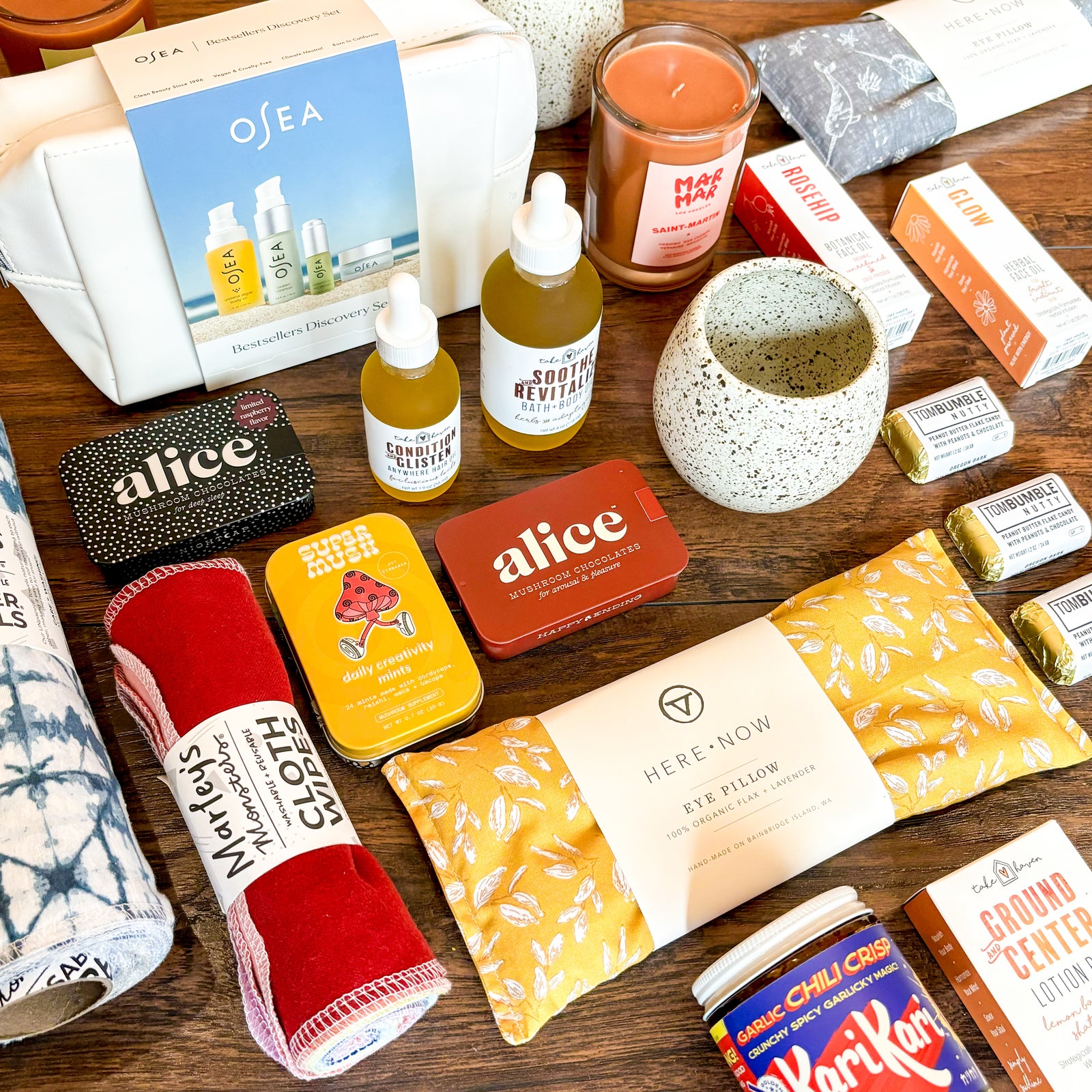The Gift of End of Life Planning

by Caroline Stevens, RN, MSW
 Every week or so there is another article in major news media about end of life issues. As our post WWII population surge ages there is added interest in how to die well. Most people say they want to die at home, but most people actually die in hospital, many in intensive care. Why does this happen? Some may read about end of life, and talk about it casually with friends. Most don’t do much about it! And younger people don’t realize the importance of creating a plan “just in case”.
Every week or so there is another article in major news media about end of life issues. As our post WWII population surge ages there is added interest in how to die well. Most people say they want to die at home, but most people actually die in hospital, many in intensive care. Why does this happen? Some may read about end of life, and talk about it casually with friends. Most don’t do much about it! And younger people don’t realize the importance of creating a plan “just in case”.
I’m a retired hospice nurse. As I approached retirement, I began to wonder what could possibly bring me the satisfaction that hospice nursing provided. And what was that satisfaction about anyway? On learning about my work, people would say, “I admire you for that, but I could never do it”. Here’s the thing. In the home of a patient, whether a new patient I was just bringing onto service, or a patient already enrolled in hospice, I found I had to be totally present with the patient and family and quickly build trust. I was honored to bring a gift to the patient and family. The gift I brought was assurance and confidence that they would get through this and “be ok” with the help of hospice. Patients and most families had never been in this situation before and we knew how to help.
Before I retired, I became trained in providing education for decision making at end of life. One can plan for this in broad terms. Creating Advance Directives for Healthcare has nothing to do with throwing medical care under the bus. Medications and medical procedures help us live longer, more productively, and most of us will take advantage of these, but we still won’t live forever. People continue to die. Death is such an important, if mysterious, life event. We plan very carefully for the birth and care of our children, or even an extended vacation. Why don’t most of us plan for dying?
Death is emotionally and sometimes physically painful, and creates a lot of grief, for the dying person and their family and friends. We don’t really have any idea what dying is like. Sometimes people don’t even have a vocabulary to talk about dying. Planning ahead brings up our inner grief. It can be painful. So why do it? If our decision makers, loved ones do not know what to do, how to decide when the time comes because we never communicated our “dying wishes”, grief may be complicated. As my friend and mentor, Trudy James , CPE says, “talking about your end of life wishes is a gift for yourself and your family”. They will have a guide for what to do if they have to make a decision for you when you are unable to speak for yourself.
Thanks to Trudy, I have a new passion. I lead workshops in my community to give people information, confidence, language and support to create their Healthcare Advance Directive. I bring this gift to the people that attend the workshop. This requires me to build trust and be totally present with the workshop participants. We talk about our grief, our wishes for how we hope to die, what the various options and services are, how to choose a power of attorney for healthcare, how to speak with our family and physicians about our wishes.
Feedback is very positive. Attendees say such things as “I’m a heart bypass survivor. I never could talk about dying. Since the class, I talk about it all the time.” “This has totally transformed my relationship with my family”. “A heart felt experience”. I hope you will attend a workshop and give this gift to yourself and your family.




